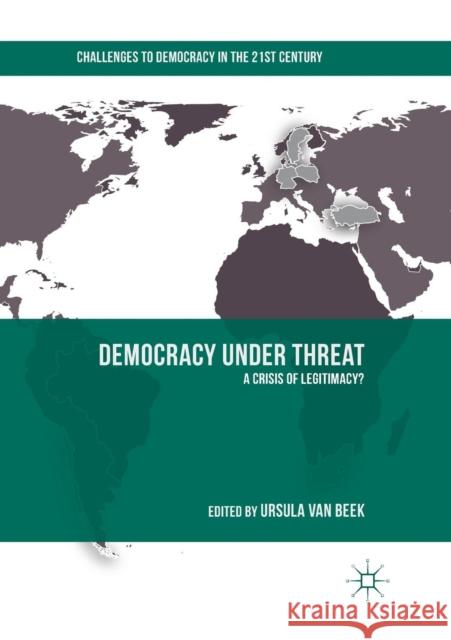Democracy Under Threat: A Crisis of Legitimacy? » książka
topmenu
Democracy Under Threat: A Crisis of Legitimacy?
ISBN-13: 9783030077730 / Angielski / Miękka / 2019 / 344 str.
Kategorie BISAC:
Wydawca:
Palgrave MacMillan
Seria wydawnicza:
Język:
Angielski
ISBN-13:
9783030077730
Rok wydania:
2019
Wydanie:
Softcover Repri
Numer serii:
000447448
Ilość stron:
344
Waga:
0.45 kg
Wymiary:
21.01 x 14.81 x 1.98
Oprawa:
Miękka
Wolumenów:
01
Dodatkowe informacje:
Wydanie ilustrowane











